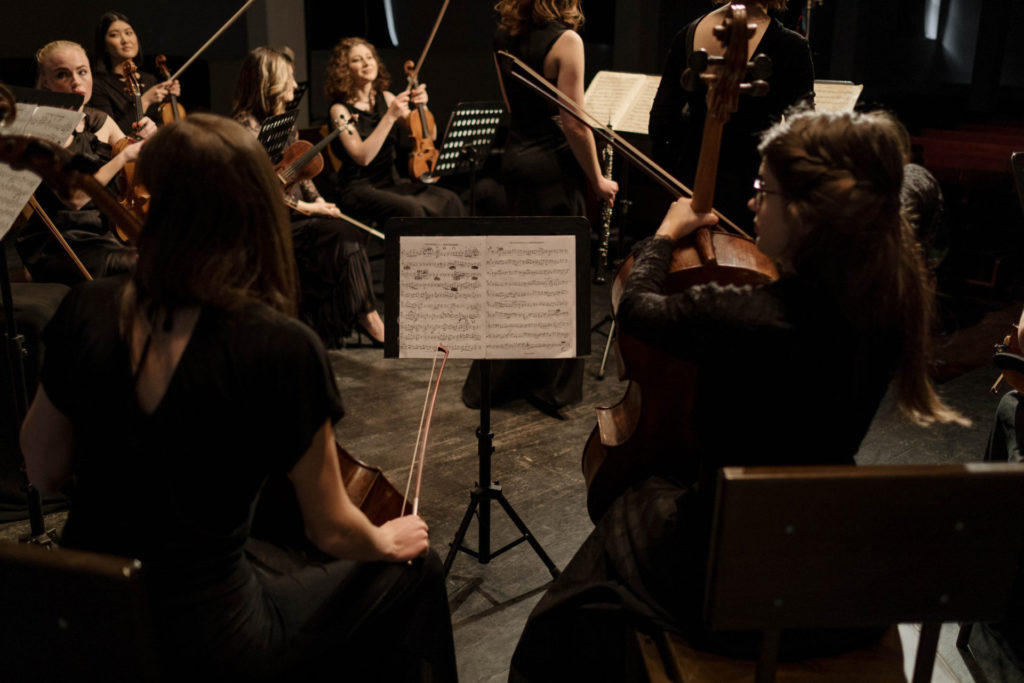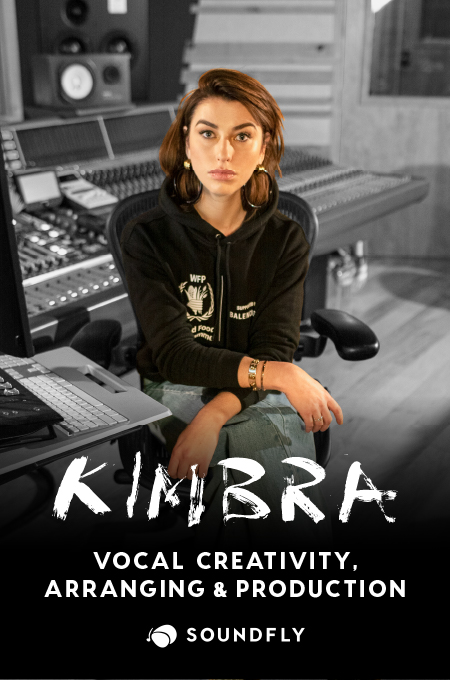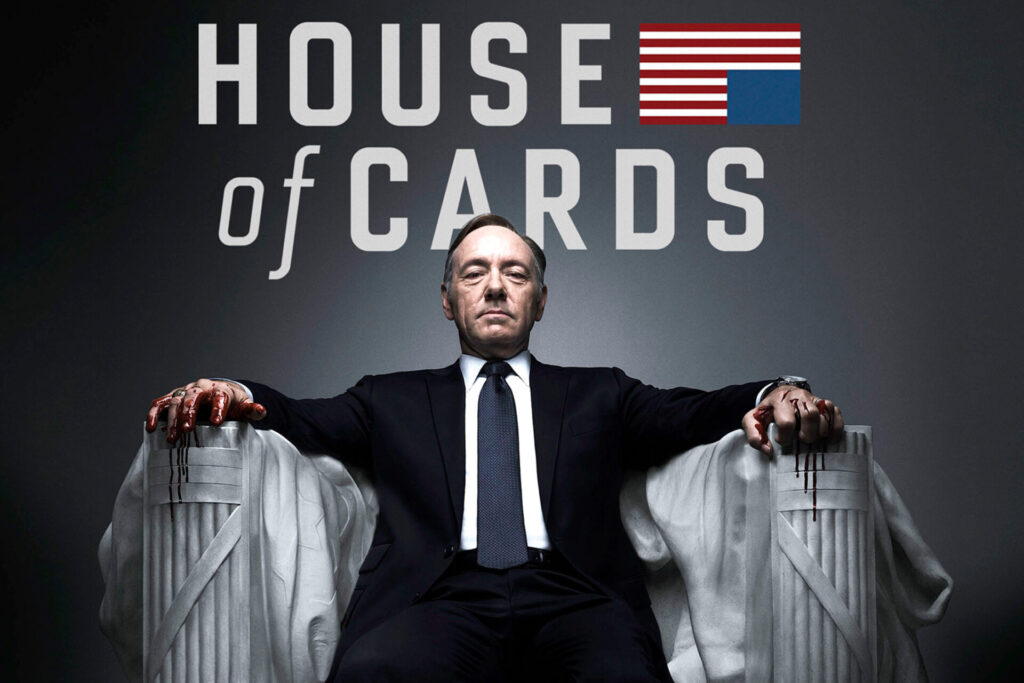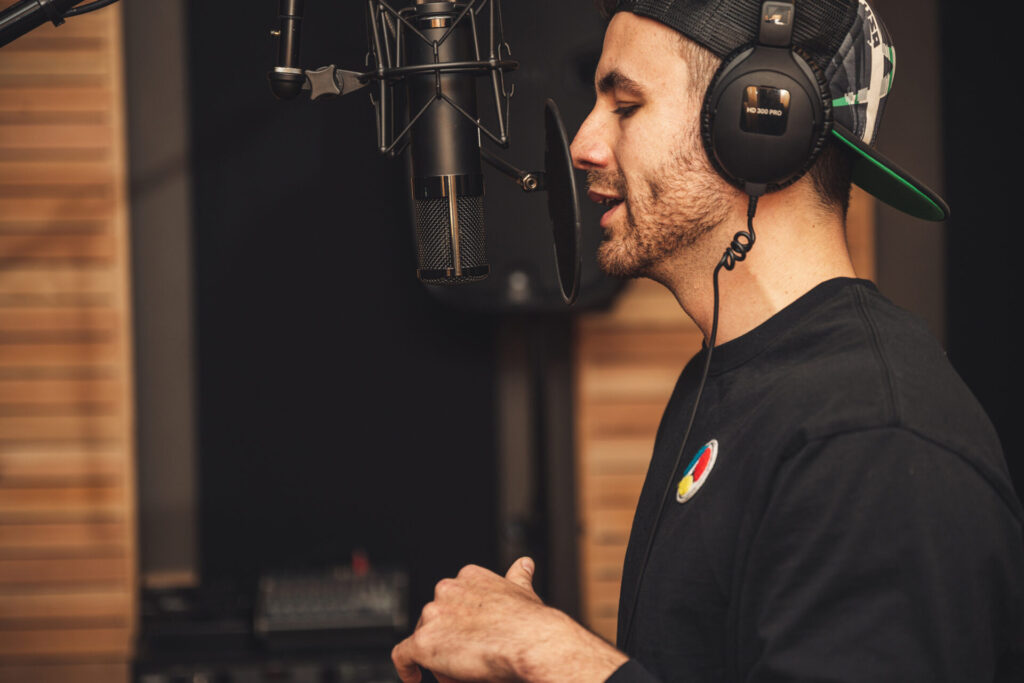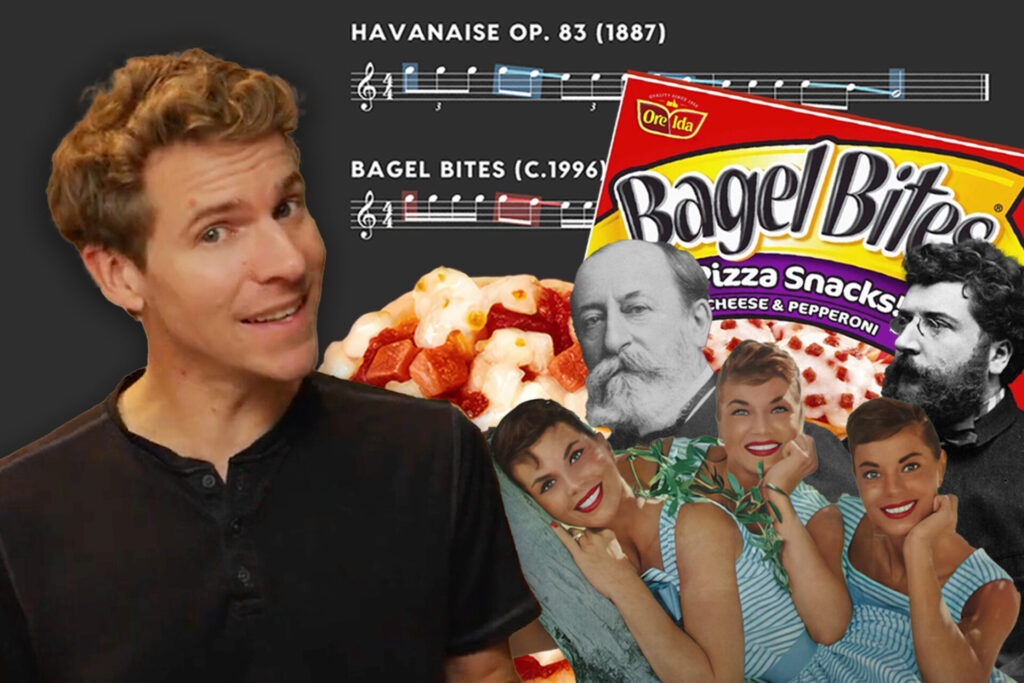+ Soundfly’s Intro to Scoring for Film & TV is a full-throttle plunge into the compositional practices and techniques used throughout the industry, and your guide for breaking into it. Preview for free today!
“This could be the best music I’ve ever written… but right now I’m too close to it to know for sure.”
As I put the finishing touches on the short film score for The Nobody Prayer, this is the thought that crossed my mind. To be able to see the forest for the trees, I knew I would need to put some time and space between me and the music I’d written.
In less than a year, the score ended up winning Best Original Score four times and was also nominated once. I then had no choice but to admit it was the best music I’d ever written.
Here are the steps that led to this success.
1. Build Your Portfolio
Even the people who might end up wanting to hire you won’t know if you’re any good unless they’re able to hear what you’re capable of. When I was first brought in front of an independent filmmaker, I only had demos and home studio sessions to share with him, but he loved the raw energy of my music and could hear a lot of potential in it.
You need a portfolio if you want to get work as a composer. And you will need to get work to learn the ropes and get better at your craft.
2. Expand Your Network
Over the years, I built many relationships at the local level. One introduction led to another, eventually to the filmmaking friend I referenced earlier. If that had never happened, I would not have had the opportunity to collaborate on a project that would be nominated for and ended up winning a dozen or more awards.
At times, making connections meant sitting in fluorescent lit, dingy looking conference rooms with cheap snack spreads for hours on end, not knowing whether it would lead anywhere. Never despise humble beginnings — you’ve got to do whatever it takes.
3. Be Patient
My filmmaking friend is a Sci-Fi geek, and he was never short on ideas. He even wrote entire storylines and scripts before getting into the industry. This lack of focus, however, ended up being the bane of his career. Even as Hollywood expressed interest in his work, his projects would typically end up blue-penciled or abandoned (note: most TV and film projects never get made).
At long last, my friend decided to go to film school. Now he would be held accountable for completing and submitting multiple projects in a timely fashion, which ultimately led to me picking up Best Original Score awards. In the meantime, the only thing I could do was nurture the relationship, work on my skills, seek other work, and remain patient.
+ Learn production, composition, songwriting, theory, arranging, mixing, and more; whenever you want and wherever you are. Subscribe for full access!
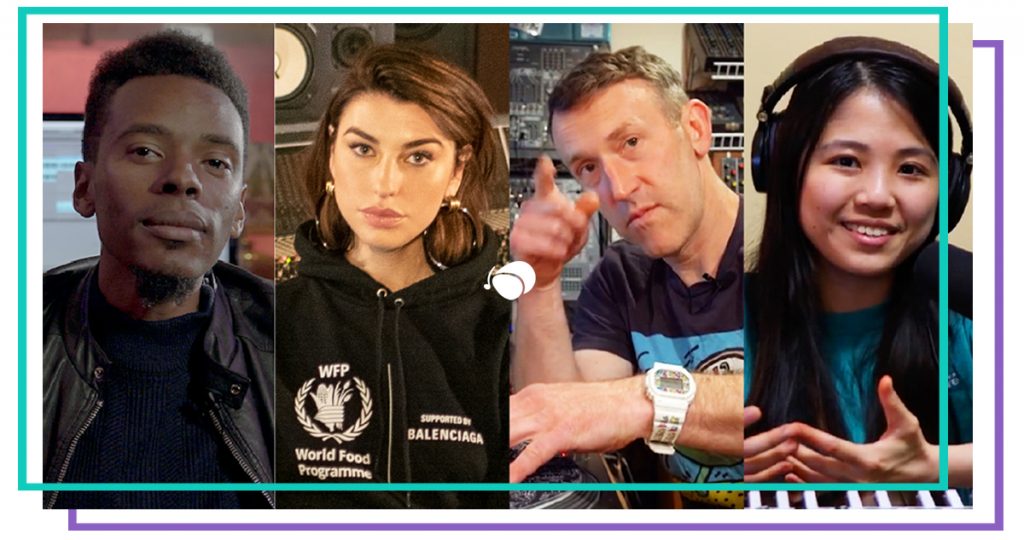
4. Gain Some Experience
Leading up to my success as an award-winning composer, I earned a few IMDb credits. Nothing crazy; I have a few credits as a composer, and one as an actor. Not surprisingly, I endured some rejection on the way to getting those. I can recall sitting down with a couple of creators who wanted me to write some jazz music for their 1950s gangster film. I sent them a demo, and never heard back.
But this was the foundation I ultimately needed to write an award-winning film score. Without my credentials, experience, and relationship to my filmmaking friend, I would not have been offered the opportunity to compose in the first place.
You’ll need to gain some experience if you want to be invited onto projects. Earn a few IMDb credits, even if it means working on small-time, unpaid projects.
5. Don’t Give Up
I’ve taken a long, circuitous road to get to where I am today. Music has been a passion of mine since I was young, but on my journey, I ended up joining three network marketing companies, investing in a music industry tech startup, becoming a freelance writer, and a great deal more.
My friends didn’t always understand my decisions, my interest in anything other than music, or why I seemed to be getting sidetracked by entrepreneurial pursuits.
Despite the criticism I faced, I kept blazing a trail, poised for the opportunities I knew would eventually come my way. You’ll never become an award-winning composer if you give up. So, even if you end up on your own long, circuitous road, don’t stop believing in yourself.
+ Read more on Flypaper: “What Are Études, and Why Do Composers Write Them?”
6. Dare to Be Different
As I watched the rough cut for the award-winning The Nobody Prayer, I understood the subject matter all too well. It was about a man who felt alone, isolated even from those who claimed to have the same religious beliefs. Then and there, I knew what the film needed: acoustic guitar. With acoustic guitar as the focal point, I added strings to build out the bottom end, and piano to add texture.
How many film scores nowadays feature a real acoustic guitar played by a real person? Not that many. I’m not saying there aren’t any, but they are few and far between.
At first, when I shared the music with the director, he was a little concerned that a score featuring acoustic guitar would draw comparisons to Brokeback Mountain. But once he heard the music, he was convinced.
Your gut might have more to say about what kind of music to create for a film than you think. Listen to it. Dare to be different.
7. Work Within Your Limitations
It’s easy to assume that if you don’t have all the right tools — expensive Neumann mics, UJAM plugins, access to the best orchestral players, etc. — that you won’t be able to produce amazing music. In your early days, though, you probably won’t have access to premium equipment and players.
In my view, your skills as a composer or musician and ability to innovate are far more valuable than any gear money can buy. More to the point, you’re going to do a better job with the tools you know versus those you don’t. Someone could drop you into the middle of a world-renowned orchestra, and if you have no experience working with an orchestra, it’s not going to enhance your project.
These days, there are a lot of great free and low-cost tools. Sure, your music might not come out sounding as dramatic and dynamic as the latest Netflix exclusive, but you’ll have plenty of time to develop your skills and expand your library of tools if you stay the course.
Conclusion
There are no shortcuts to writing an award-winning film score. It is the rare combination of a project getting off the ground fused with the right music that’s going to get you there.
What’s within your control is to build your portfolio and grow your network. Focus on these things and your phone will start ringing.
Have you checked out Soundfly’s courses yet?
Continue your learning with hundreds of lessons by boundary-pushing, independent artists like Kimbra, Ryan Lott & Ian Chang (of Son Lux), Jlin, Elijah Fox, Kiefer, Com Truise, The Pocket Queen, and RJD2. And don’t forget to try out our intro course on Scoring for Film & TV.
—
David Andrew Wiebe is the Founder & CEO of The Music Entrepreneur HQ and author of four books, including the much-praised The New Music Industry: Adapting, Growing and Thriving in The Information Age. Wiebe has built an extensive career in songwriting, live performance, recording, session playing, production work and music instruction.
